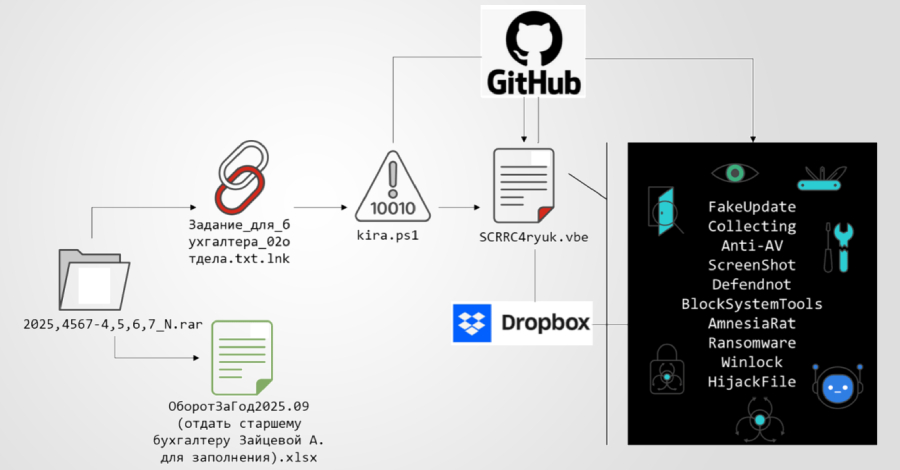In a significant move to bolster user security, Meta has introduced a suite of new tools designed to protect WhatsApp and Messenger users from potential scams. This initiative underscores Meta’s commitment to safeguarding its vast user base from the ever-evolving threats posed by online fraudsters.
WhatsApp’s Screen Sharing Alerts
One of the standout features is the implementation of real-time warnings during screen-sharing sessions on WhatsApp. When users attempt to share their screen with an unknown contact during a video call, WhatsApp will now display a prompt cautioning them about the potential risks. This measure aims to prevent users from inadvertently disclosing sensitive information, such as banking details or verification codes, to malicious actors.
Messenger’s AI-Powered Scam Detection
On the Messenger platform, Meta has introduced an optional Scam Detection setting. Users can activate this feature by navigating to the Privacy & Safety settings. Once enabled, the system analyzes incoming messages from unfamiliar contacts for signs indicative of scams. If a potentially suspicious message is detected, users receive an alert and are given the option to submit recent messages for further AI review. It’s important to note that while this review process enhances security, messages shared with AI are no longer end-to-end encrypted.
Educational Resources and User Empowerment
Beyond detection, Meta is committed to educating users about common scam tactics. If a message is identified as a potential scam, users are provided with information on prevalent fraudulent schemes, such as:
– Job offers requiring upfront payments.
– Promises of quick financial gains.
– Work-from-home opportunities that seem implausible.
Additionally, users are presented with options to block or report the suspicious account, empowering them to take immediate action against potential threats.
Proactive Measures Against Fraudulent Accounts
Meta’s proactive stance extends beyond individual user interactions. The company has taken decisive action against over 21,000 Facebook Pages and accounts that masqueraded as customer support entities, aiming to deceive users into divulging personal information. Furthermore, since the beginning of the year, Meta has identified and disrupted nearly 8 million accounts on Facebook and Instagram linked to organized scam operations. These fraudulent activities, often originating from regions such as Myanmar, Laos, Cambodia, the United Arab Emirates, and the Philippines, have targeted users globally through various platforms, including messaging apps, dating services, social media, and cryptocurrency platforms.
Understanding ‘Romance Baiting’ Scams
A particularly insidious form of scam that Meta is addressing is known as romance baiting, also referred to as pig butchering. In these schemes, cybercriminal syndicates, primarily based in Southeast Asia, exploit victims by building emotional connections. The process typically involves:
1. Initial Contact: Scammers reach out to potential victims via dating apps, social media platforms, or private messaging services like WhatsApp.
2. Building Trust: Over time, they cultivate a sense of trust and, in some cases, simulate romantic relationships to lower the victim’s defenses.
3. Investment Fraud: Once trust is established, victims are steered toward fraudulent investment opportunities, often related to cryptocurrencies, with promises of substantial returns.
4. Financial Exploitation: Victims are deceived into depositing increasing amounts of money into bogus platforms, only for the scammers to disappear without a trace.
Alarmingly, many of the individuals perpetrating these scams are themselves victims of human trafficking. Lured by promises of lucrative employment, they find themselves coerced into participating in these fraudulent operations under duress.
The Psychological Manipulation at Play
Central to the success of these scams is the psychological manipulation employed by the perpetrators. By fostering emotional bonds and instilling confidence, they effectively prime victims to believe in the legitimacy of the fraudulent schemes. This grooming process not only leads to significant financial losses but also leaves victims emotionally devastated.
Meta’s Ongoing Commitment to User Safety
Meta’s introduction of these new tools is a testament to its ongoing commitment to user safety. By leveraging advanced technologies and proactive measures, the company aims to stay ahead of cybercriminals and provide a secure environment for its users. However, while these tools offer enhanced protection, user vigilance remains paramount. Being aware of common scam tactics and exercising caution when interacting with unknown contacts are crucial steps in safeguarding oneself from online fraud.



